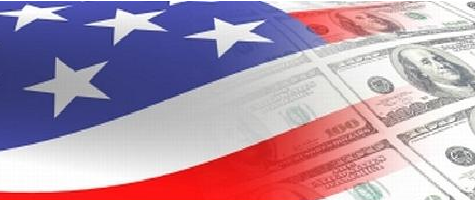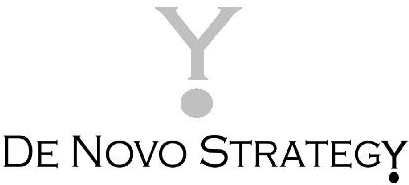Friends,
As many of you know I have been serving as the Executive Director of CREED – the Center of Resources for Economic Education and Development these past several years. This year we have done some exciting things with the help of our board and many of you.
We have shipped over 1000 humanitarian school kits to children in need so they can continue their education in Haiti and Belize, and we are preparing a shipment to Uganda. We helped start a micro business in Uganda at an orphanage – we provided the funds to start a pultry business, we helped build a chicken coop stocked with baby chicks and feed. This chicken coop, which will hold 500 chickens, will help provide enough money in the future to send the 27 children to school as well as help them have more food to eat. We are starting a micro-business lending project in Belize which will provide small dollar loans to several micro business owners, after approval of the borrower’s business plan and education training.
We now have a very unique opportunity: Just Give, a non-profit company, which offers non-profits such as CREED and thousands of other non-profits an easy way to donate on line, is offering a matching gift to celebrate their 10 year anniversary. For each donation of at least $10.00 they will send us an additional $10.00. This offer is only for donation made up to October 20th.
A school kit cost $10.00. So for every ten dollars donated we can send two children to school instead of one! The micro business loans will be about $400-$500 each; we are working towards four loans per month in the next 12 months.
Please make your donation by following the following link and then filling in the boxes with the following information as shown below:
www.justgive.org/10years (this special link MUST be used for the matching funds)
CREED
McKinney
TEXAS
75071
Tax ID: 87-0586965
The web page should look something like this below:
Charity Name or Keyword
|
City |
|
|
State |
|
|
Zip Code |
|
|
Tax ID / EIN |
|
On behalf of CREED and the growing number of people we serve, we thank you very much your support, it is GREATLY APPRECIATED. And we wish you the best as we press forward during these difficult times to strengthen families and homes, through self-reliance.
Thank you,
Wendell BrockExecutive Director, CREEDPlease join me in sending more children to school and also help finance a micro-business with a small donation.
CREED is a registered 501(c)3 nonprofit and all donations are tax deductible.


